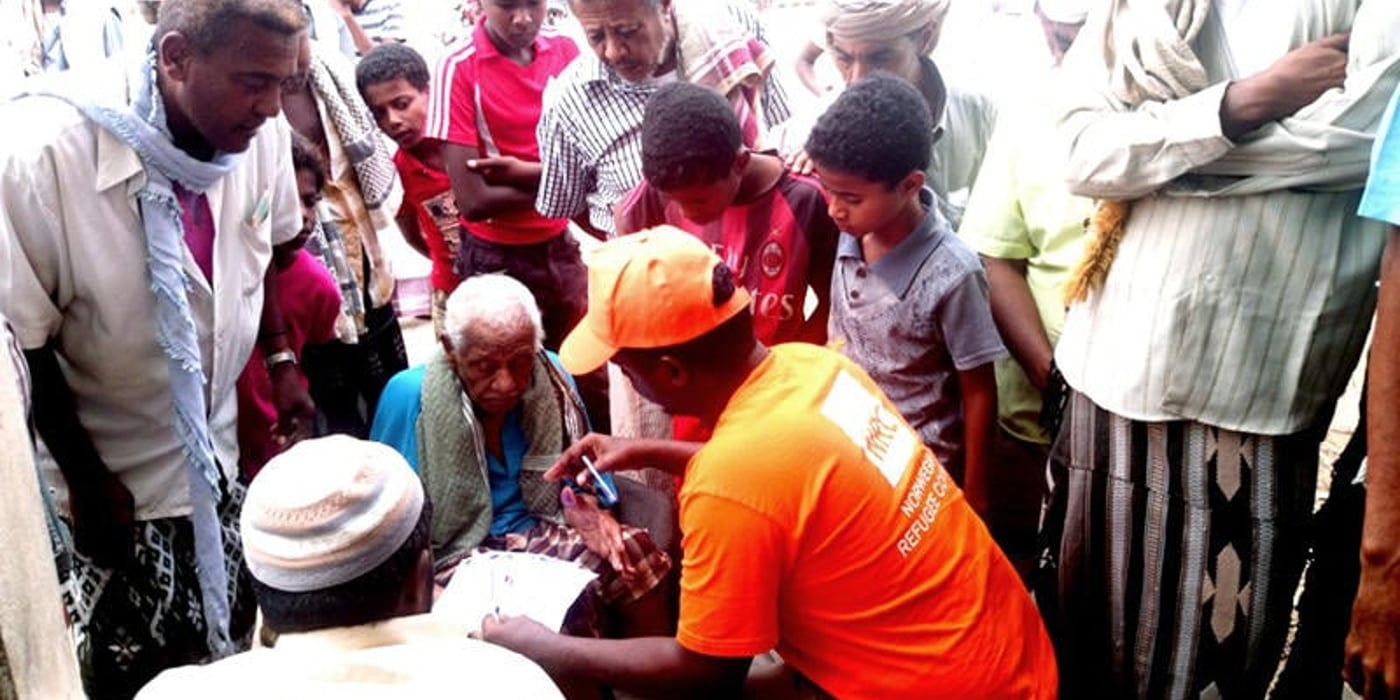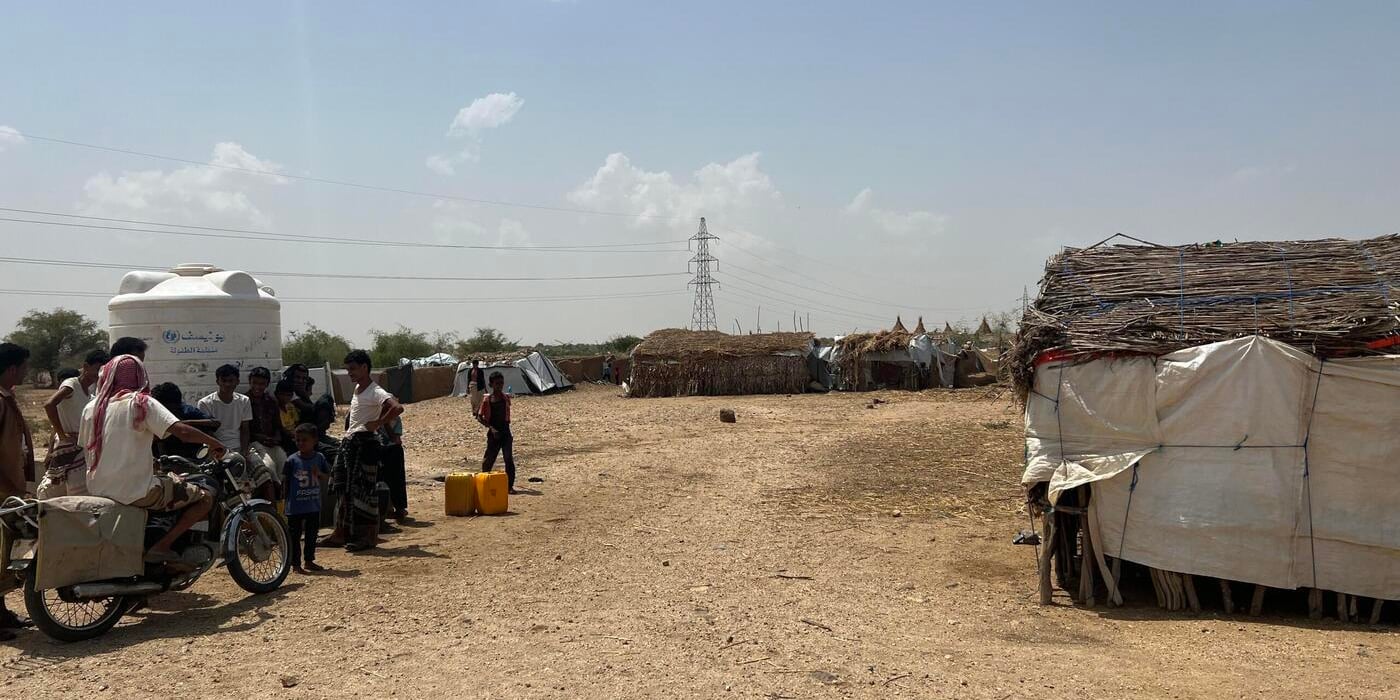
- I purchased five bee hives from a grant of YR6300 (USD 250) and received basic training support in beekeeping from NRC. Over a period of six months, the five bee colonies have quadrupled to 22 hives, says Saleh.
He has been able to sell half a kilogramme of honey for YR7000 and expects to sell more during the upcoming picking season.
Livelihood Program
The livelihood program is targeting to support 700 farmers and 25 community animal health workers and to train 2,000 livestock keepers in improved animal husbandry.
So far has the program reached 2,700 households with cash assistance. Of these, 1,300 households have been supported to re-establish livelihoods and 2,000 have participated in nutrition awareness campaigns. Another 500 households are targeted for support to establish income generating activities.
Two key trainings have been planned for the coming months; community animal health workers’ training, targeting populations in Khanfar District of Abyan Governorate, and small-scale business management training targeting 500 households in Khanfar District of Abyan and Haradh and Hayran districts of Hajja Governorate.
- The training will help beneficiaries select appropriate income generating activities, following which they will undergo further skills training as per the selected activities and receive start-up inputs, explains Stella Atiti, NRC Food Security and Livelihood Manager in Yemen.
NRC in Yemen
NRC has implemented food security and livelihoods programmes in Yemen since 2013, by providing cash transfers and supporting farm and non-farm based livelihood training and inputs. The program involves nutrition awareness campaigns and building capacity of communities and local government authorities supporting interventions in strategic areas.


